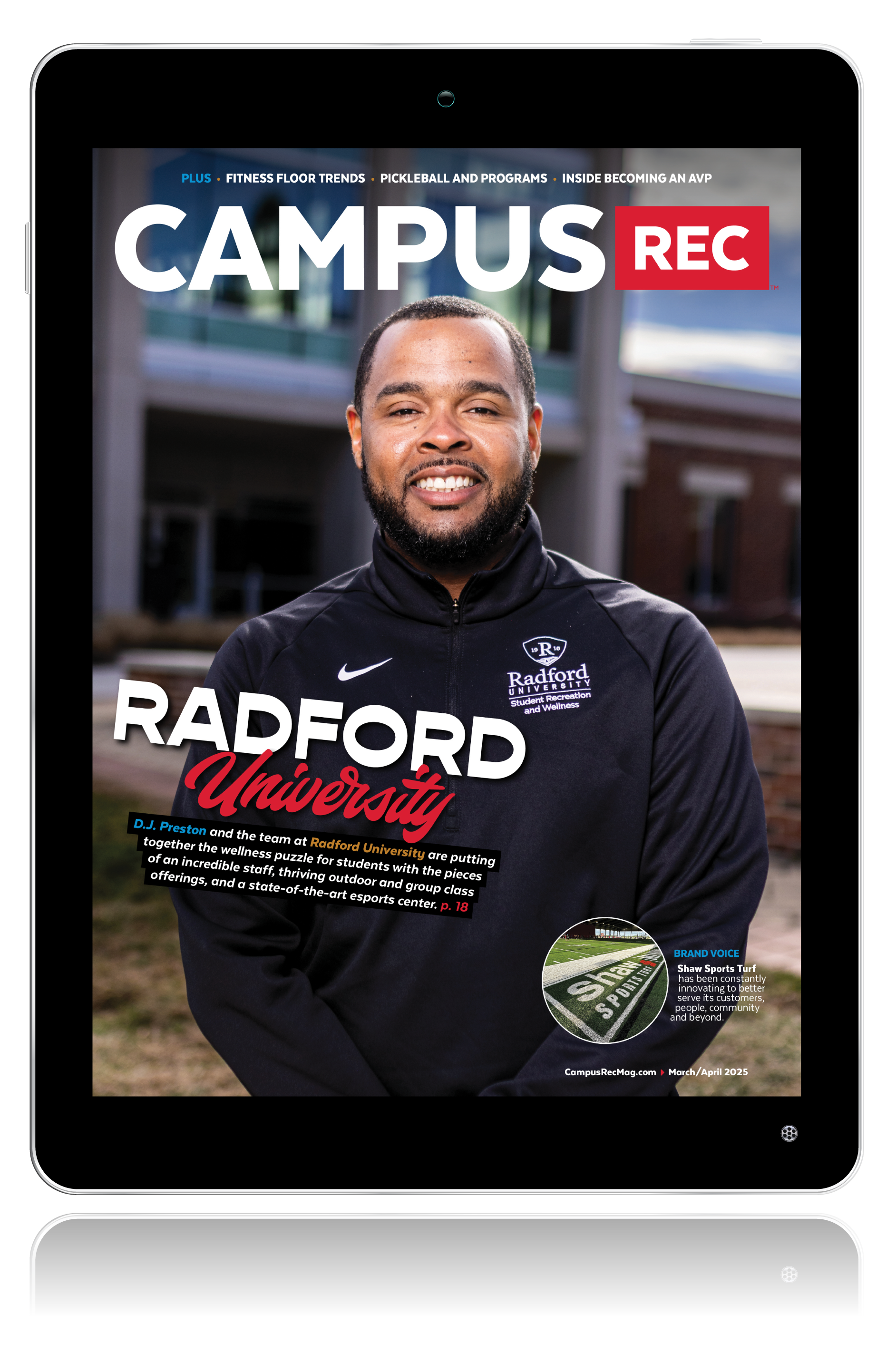With it being January, I think it’s appropriate to talk about results.
Perhaps you and your students are setting various goals this year. And results — if all goes well — follow goals.
When you set a goal, you then expect to see a change or result come about after. And if you don’t, well, you might eventually disregard your goal.
Think about all the fitness goals that were set January 1 by so many around us. Maybe you even set a goal. I know I have some goals in my training I’d like to see happen, whether it’s a weight I can lift or a movement I can do. But, I know it’s going to take hard work, day in and day out, with no shortcuts, to achieve my goals.
I think that’s what Simon Sinek is getting at in his book, “Start With Why.” In Chapter 2, he discusses about short-term responses to long-term desires with an example: “A management consultant friend of mine was hired by a billion-dollar company to help it fulfill its goals and aspirations. The problem was, she explained, no matter the issues, the company’s managers were always drawn to the quicker, cheaper option over the better long-term solution. Just like the habitual dieter, ‘they never have the time or money to do it right the first time,’ she said of her client, ‘but they always have the time and money to do it again.’”
That paragraph hit me hard. The company wanted to see results fast. And that deluded them from reaching for the long-term solution. They craved the results they thought necessary to equal success. They threw away money and efficiency again and again.
How often do you or I do that in our lives? We might know cutting corners is innately wrong and ineffective. But how often do we cut those corners in our own goals? How often do we have short-term responses?
I think about my fitness journey and all the methods I tried in order to get fit: a lot of diets and “quick fixes” to a healthier me. None of it stuck. Not until I changed my lifestyle, built new habits, invested time and money in going after long-term results, did I then see the results I wanted. And even better, they have stuck around because I have built a foundation to stand upon.
I suppose all of this is to bring you to a question, campus rec professional: Where in your life, in running your department, in managing your team, do you have short-term responses to get results? Have you become blinded by a need for a certain number or data point? Have you become blind due to a need to see results?
Sure, short-term responses can produce some results, but by definition they won’t last. Today, I challenge you to assess yourself because it’s time to think long-term, personally and professionally.










